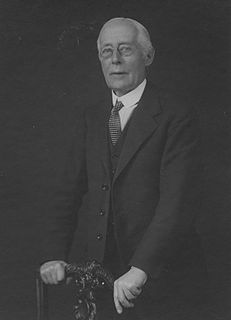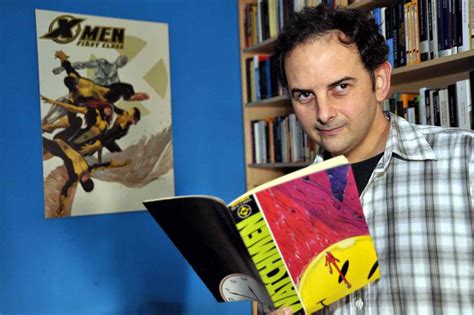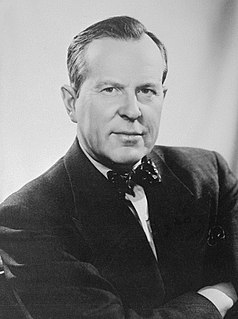A Quote by David Olusoga
Our national history cannot be national if, in the near future, one in three young adults feels their stories remain untold, if this country's long global history of empire and interconnections is marginalised and if the historical reality of race is rendered almost invisible.
Related Quotes
We should emphasize not Negro History, but the Negro in history. What we need is not a history of selected races or nations, but the history of the world, void of national bias, race, hate, and religious prejudice. There should be no indulgence in undue eulogy of the Negro. The case of the Negro is well taken care of when it is shown how he has far influenced the development of civilization.
Donald Trump is fighting for working people, and he's fighting to restore the borders around this country that are the essential ingredient for national sovereignty and national success in a way that nobody has who has held that office not only in my lifetime but, frankly, in the history of this country.
To collude in the minimisation of British history on the grounds of its imagined irrelevance to our rebranded national future, or from a suspicion that it does no more than recycle patriotic pieties unsuited to a global marketplace, would be an act of appallingly self-inflicted collective memory loss.
The world has always needed human beings who refuse to believe that history is nothing but a dull, monstrous selfrepetition, a selfperpetuating, meaningless game, only varied in outer garb, who cannot be converted from their conviction that history signifies progress in morality, that our race is ascending on an invisible ladder from an animal nature towards divinity, from brutal violence to the wisely ordering intellect, and that the ultimate stage of complete understanding is already close at hand, indeed has almost been attained.
Economist Frederick Thayer has studied the history of our balanced-budget crusades and has come up with some depressing statistics. We have had six major depressions in our history (1819, 1837, 1857, 1873, 1893 and 1929); all six of them followed sustained periods of reducing the national debt. We have had almost chronic deficits since the 1930s, and there has been no depression since then - the longest crash-free period in our history.
As we enter our centennial year we are still a young nation, very much in the formative stages. Our national condition is still flexible enough that we can make almost anything we wish of our nation. No other country is in a better position than Canada to go ahead with the evolution of a national purpose devoted to all that is good and noble and excellent in the human spirit.







































